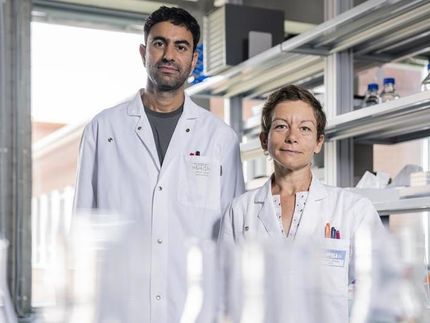Genzyme Launches Initiative To Assist the Development of Treatments for Neglected Diseases
Advertisement
Genzyme Corp. announced that it has established a program to participate in efforts to discover and advance novel treatments for neglected diseases affecting the developing world. The company's new Humanitarian Assistance for Neglected Diseases initiative (HAND) will serve as a vehicle to identify, evaluate and manage scientific projects and partnerships focused on diseases that collectively affect hundreds of millions of people. These could include malaria, tuberculosis, leishmaniasis, Chagas disease, sleeping sickness and other diseases.
Genzyme will focus on projects where it can play a defined role in the process of moving potential new treatments from discovery toward clinical testing. The company will not seek to profit from the commercialization of any products it helps to develop. It will grant all commercial and intellectual property rights in neglected disease areas to non-profit partners. The HAND initiative complements existing Genzyme programs that provide free medicines and help to build sustainable health care systems in developing countries.
"Society has a responsibility to do more to reduce the devastating impact of infectious disease in the developing world," said Genzyme Chairman and Chief Executive Officer Henri A. Termeer. "Industry has a unique contribution to make by applying drug discovery and translational research capabilities to create new solutions-filling a gap where there is clearly a great need. As a single company, we can play only a small part. But we hope to act as a catalyst to encourage the involvement of others by creating partnership models that demonstrate how companies can contribute in ways that shareholders will support and other important stakeholders will welcome."
Mr. Termeer said that Genzyme hoped to play a leadership role in increasing activity in the area of neglected diseases as it has in the field of orphan diseases. Genzyme's creation of a sustainable model for developing treatments for orphan diseases has helped encourage other companies to allocate resources to an area that previously had been neglected.















































